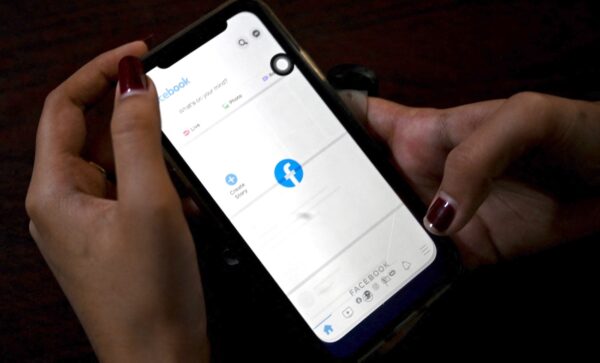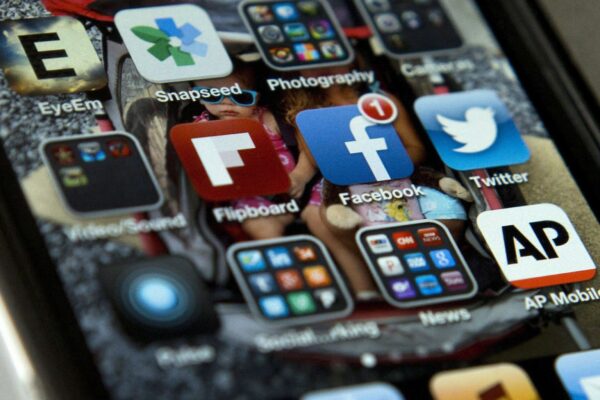With the increased use of smartphones in churches, unknown a decade ago, researchers from Baylor University have developed a model to predict why people use their phones in religious settings and help church ministers manage their use during worship services.
The study continues Assoc. Prof. Meredith David’s and Prof. James Roberts’ robust body of research on consumer behaviours and attitudes toward technology, from smartphone addiction to the impact of smartphone use on personal and professional relationships.
Out of 329 adults in the U.S. who own a smartphone and had attended church within the past four weeks, 59 percent reported having used their phones during in-person church services.
The main reasons for using their phones were feeling comfortable navigating a smartphone, believing it will enhance their worship experience, subjective norms, attitudes, and smartphone playfulness.
“The longitudinal study with two survey phases conducted six weeks apart tests a model that can help us better understand the factors associated with decisions to use one’s smartphone during church services,” Roberts said about their research published in the International Journal of Human-Computer Interaction.

Unlike many other situations in life, David said their research found that what other people think has little impact on people’s smartphone use during church services.
“The model we developed for this study is a real game-changer,” he said.
“How we practice our faith is such an integral part of who we are that other people’s opinions and behavior don’t enter into the equation.”
Unwelcome Distractions
While the percentage of those using the phone in churches has had a sharp rise in recent years, particularly for reading the bible and sharing sermon video clips and scriptures through social media, over 95 percent of American adults say its generally not OK to use a cellphone at church or during a worship service, according to a Pew Research survey.
More adults opposed its use in churches than at the movies (95 percent), during a meeting (94 percent), or at a family dinner (88 percent).

Ringtones and videos going off can create unexpected interruptions and distractions to others.
Using the bible on the phone can also bring the temptation to do other things such as text messaging, tweeting, or responding to pop-up notifications from other apps.
Worship Pastor Admits Mobile Phones Distract Him
Michael Morris, a worship pastor at Purpose Church in Pigeon Forge, Tennessee, admits he has sent an occasional message during a sermon.
“When I’m tweeting a quote, I have a tendency to begin scrolling through my news feed,” Morris told Lifeway Research.
“I have to catch myself sometimes because it takes my attention away.”

Like many others, North Carolina’s Summit Church member Kelsey Bridges appreciates the convenience of having a phone with her but says the negatives of using it in church outweigh the benefits for her.
“Once that phone is in my hands, my mind jumps to texts, Twitter, Instagram, email, and Facebook,” Bridges said.








